Featured Story
Rippin' & Rawlin'
Swimming your way soon—our game-changing Rawler Jigs and the all-new Ripfish are ready to make ripples in the Berkley lineup this fall.
Your cart is currently empty.
Stock up on what you need for your next adventure.
Swimming your way soon—our game-changing Rawler Jigs and the all-new Ripfish are ready to make ripples in the Berkley lineup this fall.

21 Stories
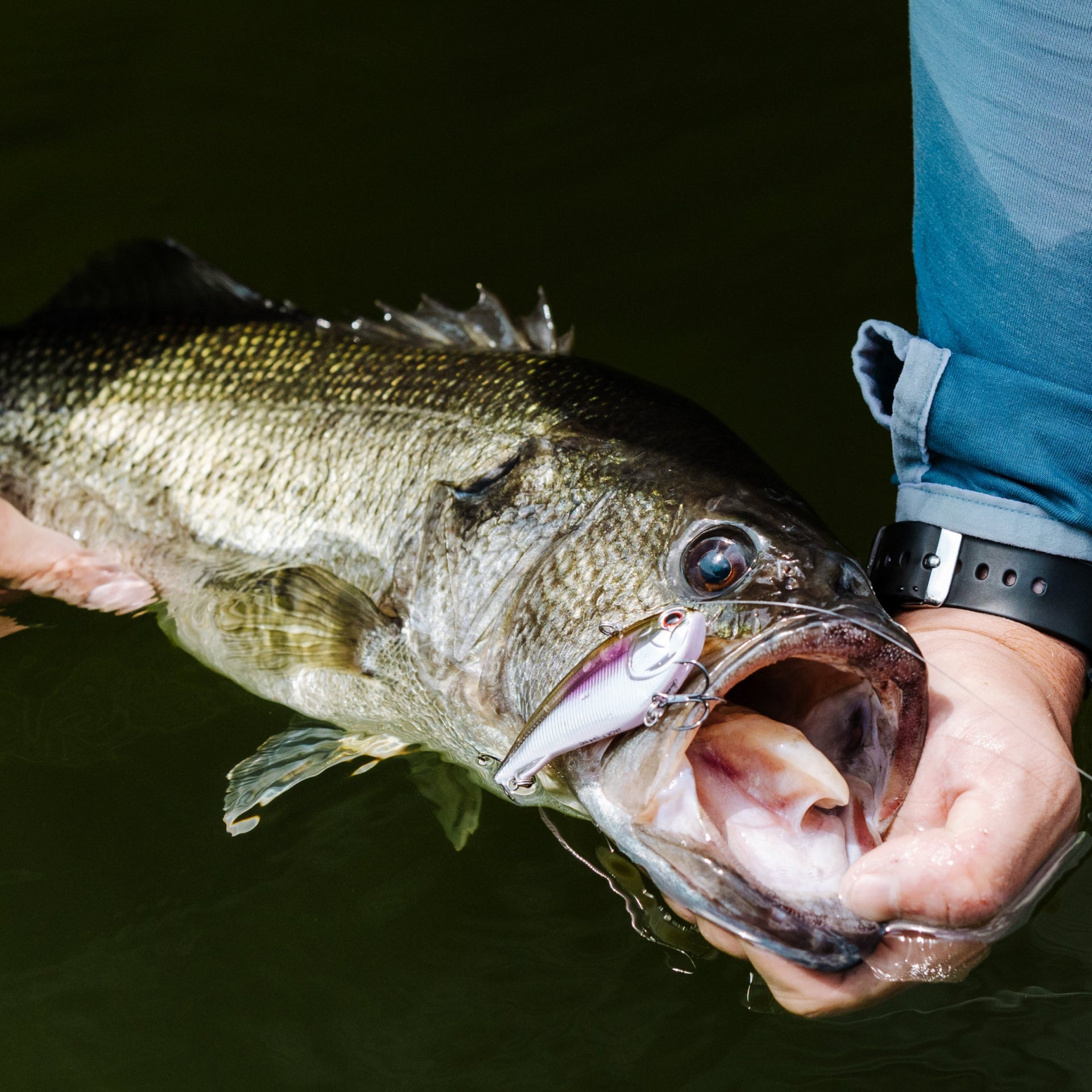
Forward Facing Sonar is a revolutionary piece of fishing technology that allows fishermen to watch fish behavior in real time,...
Read More >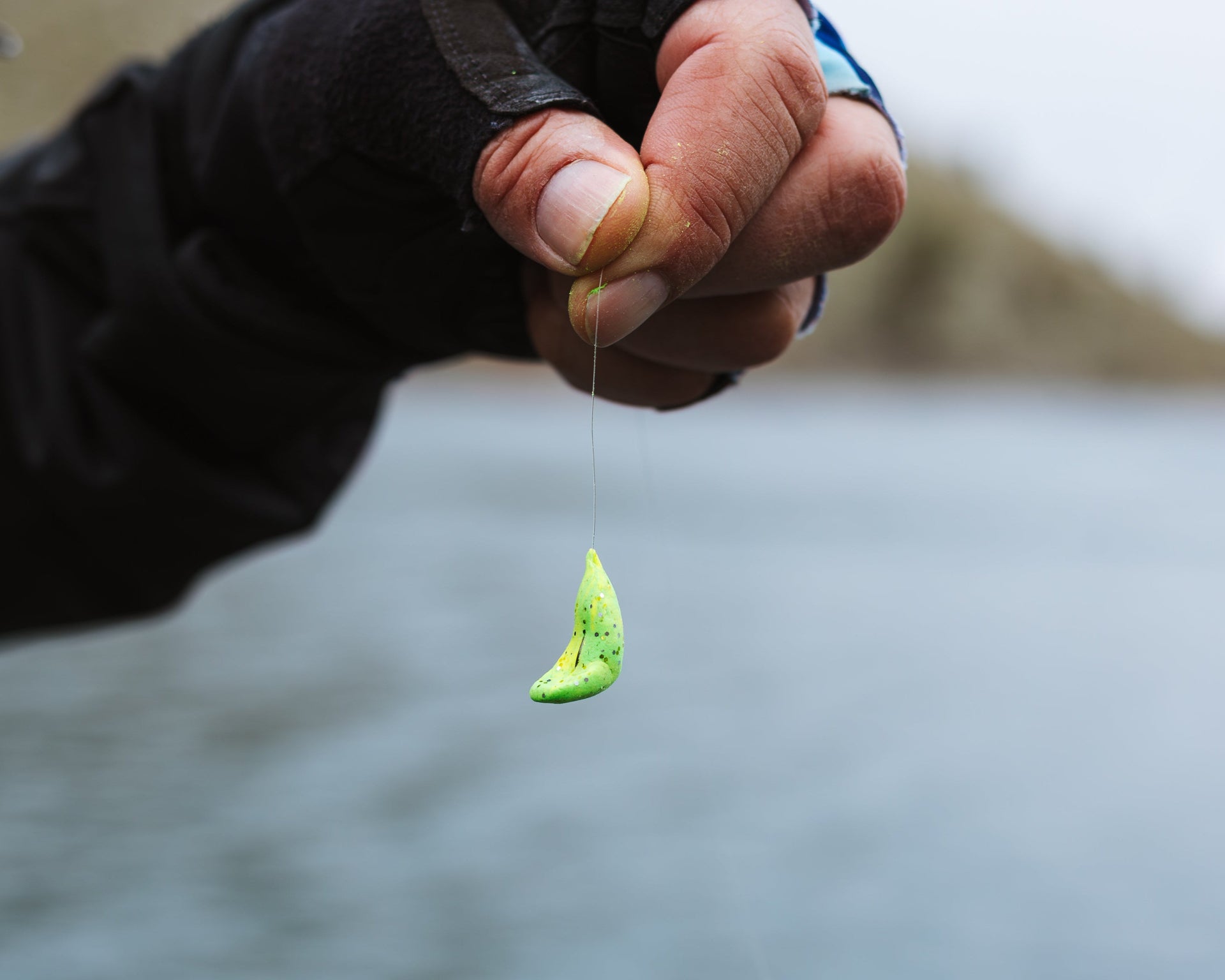
Discover expert tips on how to fish with Berkley® Trout Dough to trigger more strikes and maximize action. Learn proven...
Read More >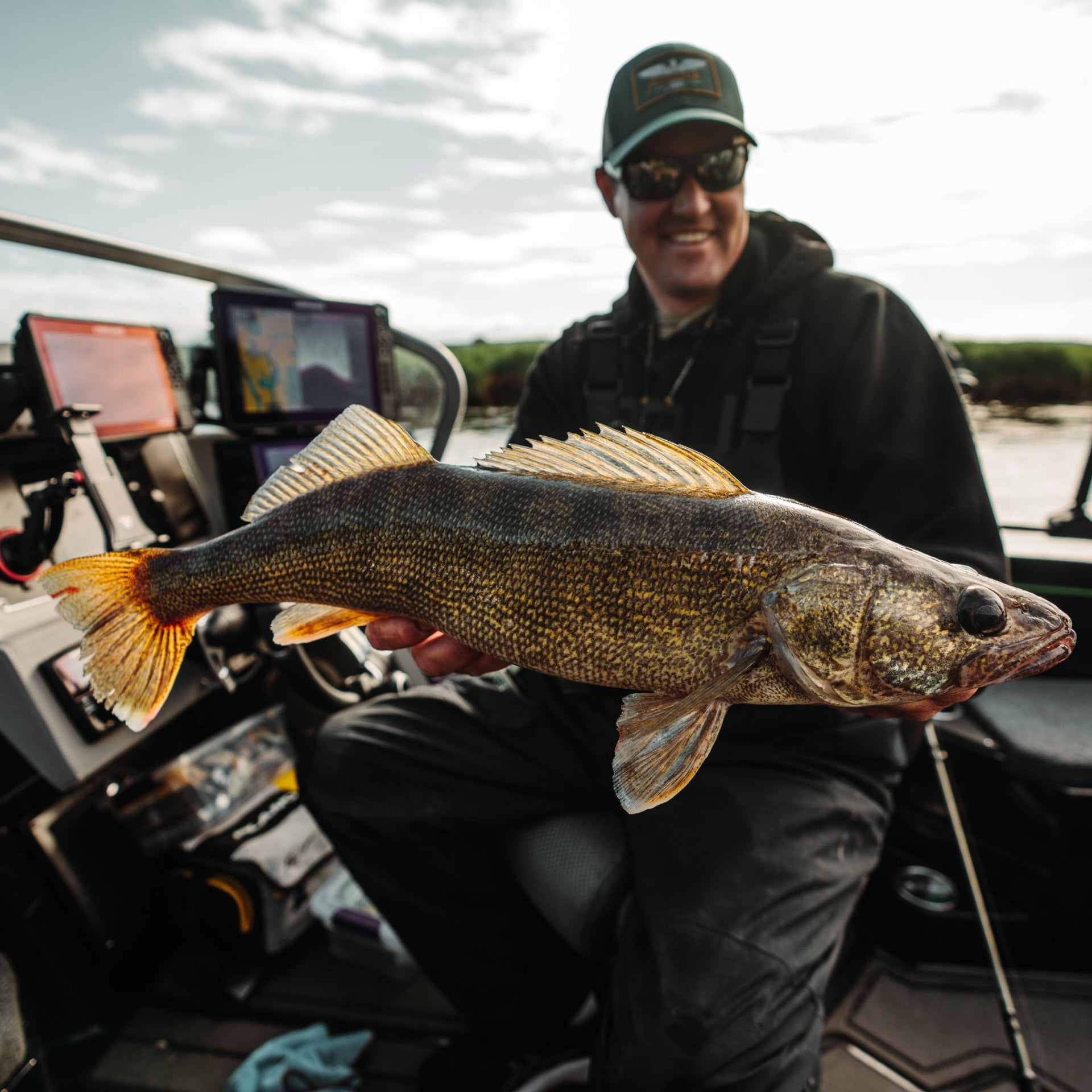
Get pro tips for catching walleye in rivers—find out which gear, bait, and techniques will give you the best chance...
Read More >
A simple guide to help you choose the right fishing line—whether it’s braid, monofilament, or fluorocarbon—based on your fishing needs.
Read More >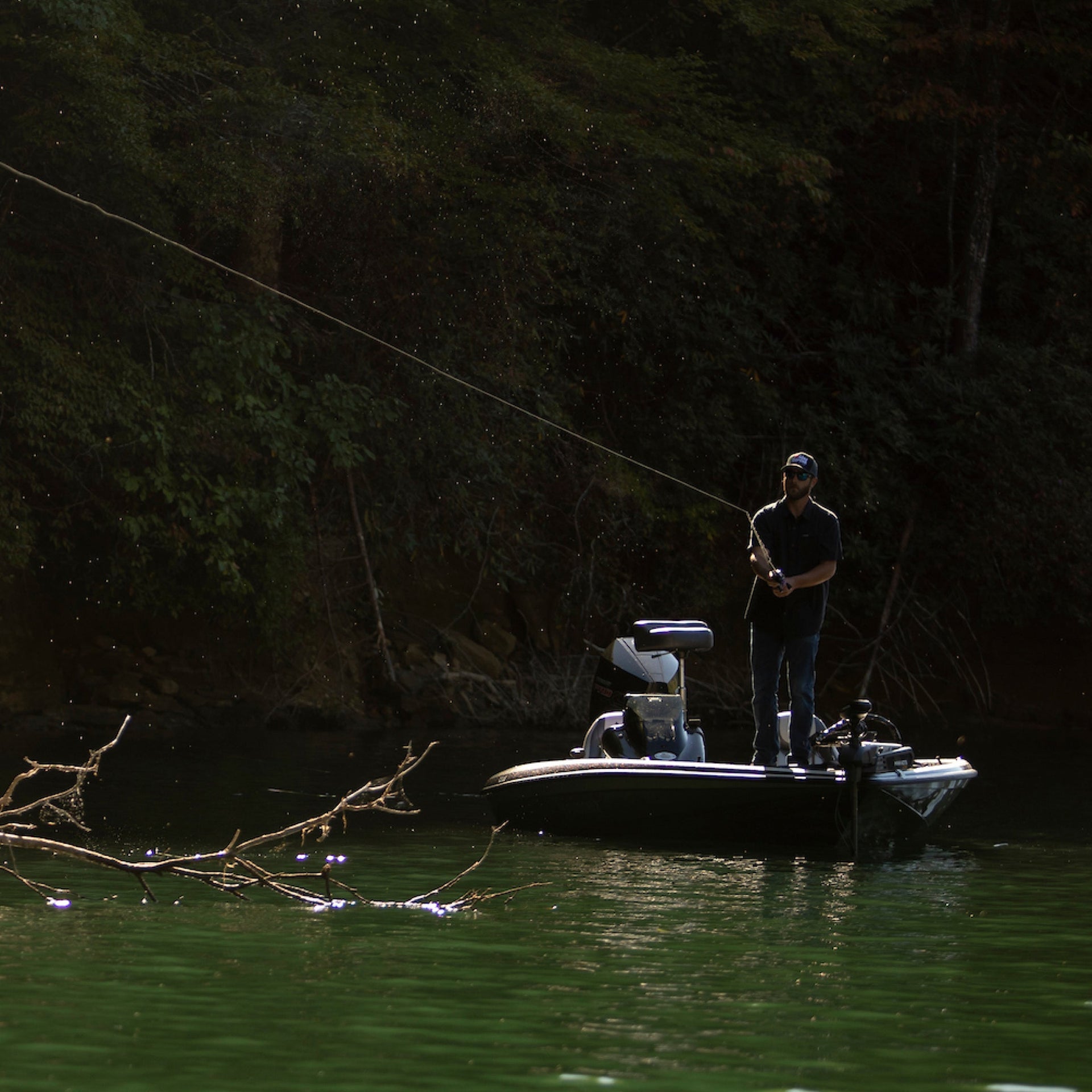
Discover why braided fishing line is a top choice for strength, sensitivity, and durability, ideal for heavy-duty fishing in freshwater.
Read More >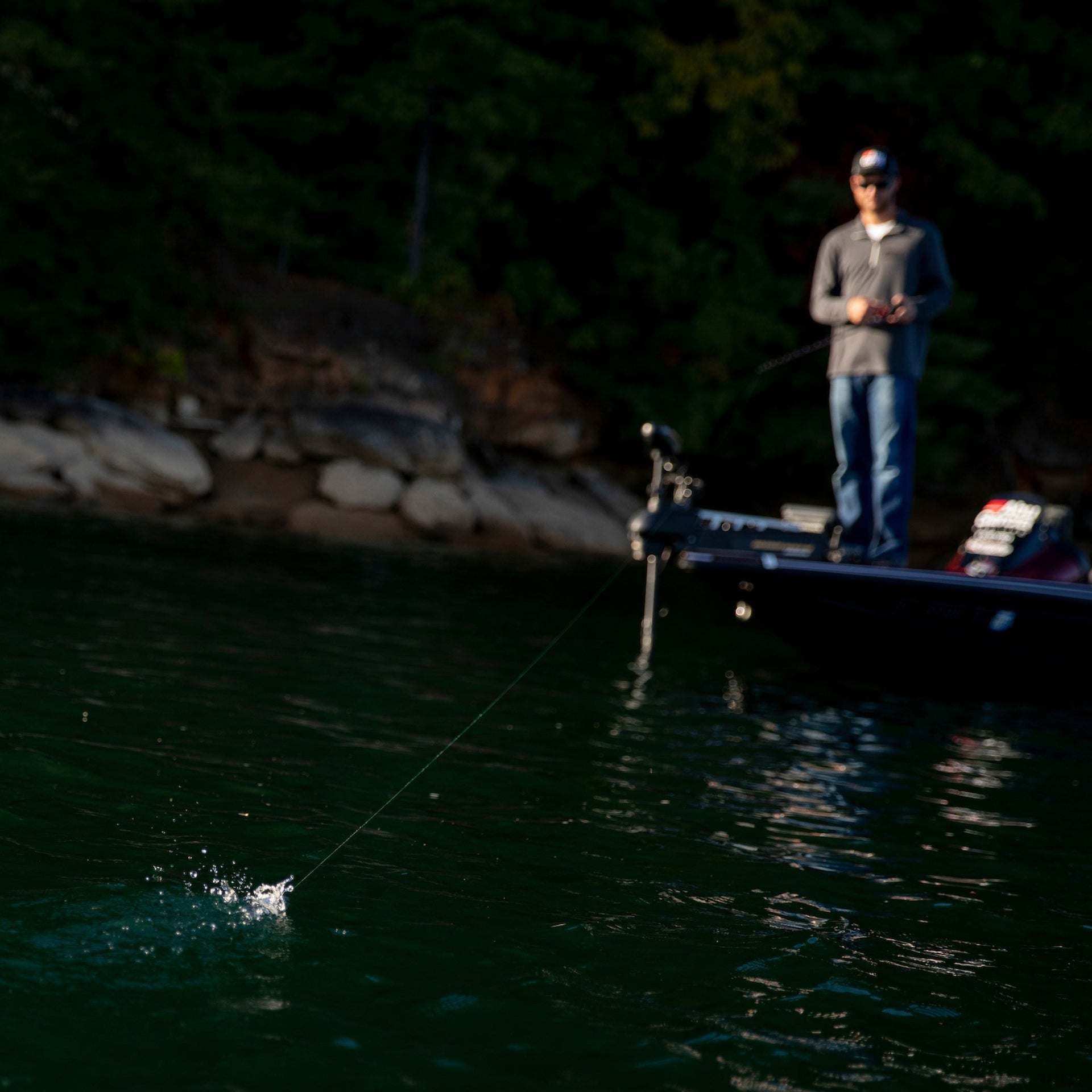
Find out why fluorocarbon lines are nearly invisible in the water, making them perfect for clear water fishing and finesse...
Read More >
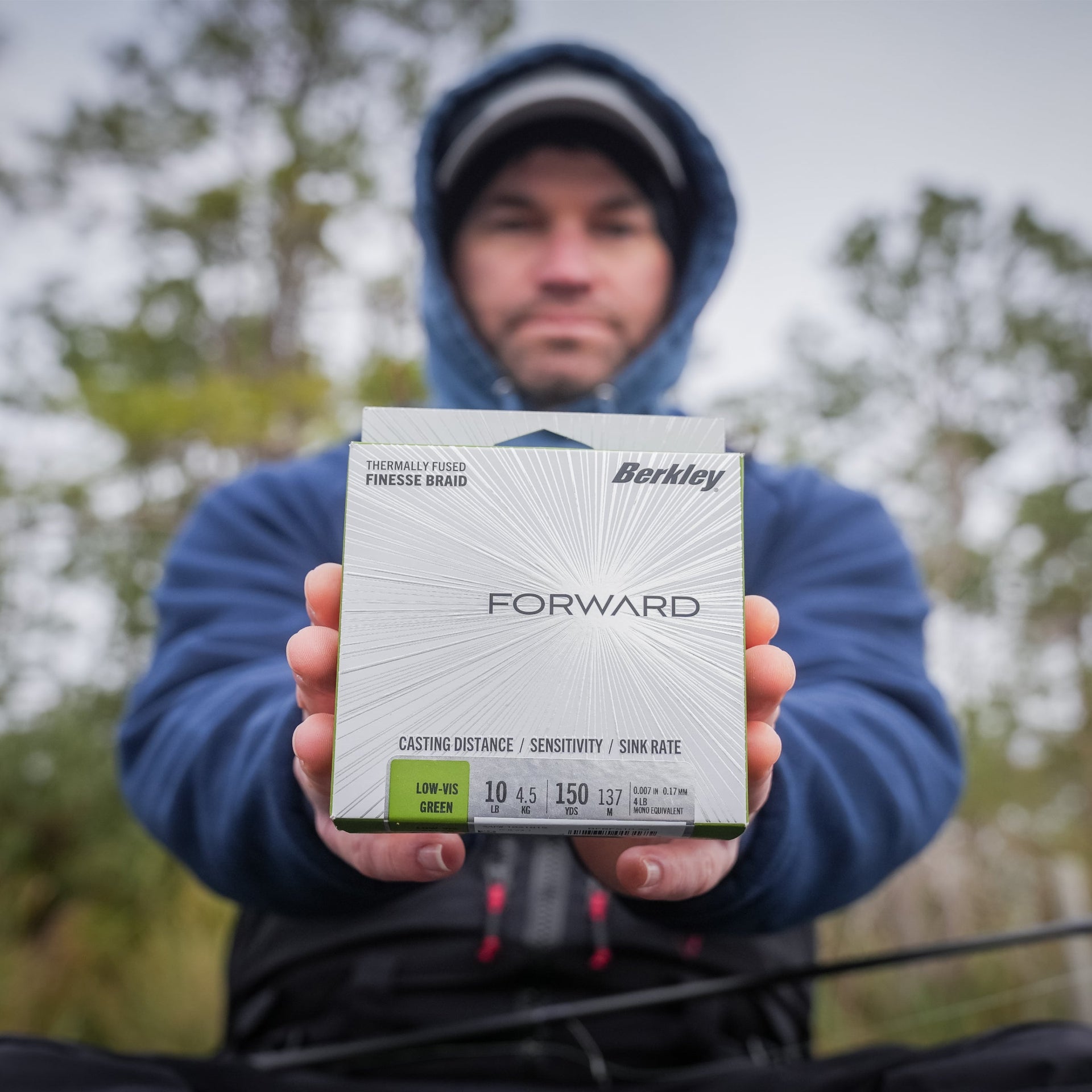
Learn about Berkley's Forward Braid line, designed for durability and strength, making it perfect for tough freshwater fishing adventures.
Read More >
Follow Berkley-sponsored anglers as they dominate fishing tournaments with expert strategies and tips that you can use for your own...
Read More >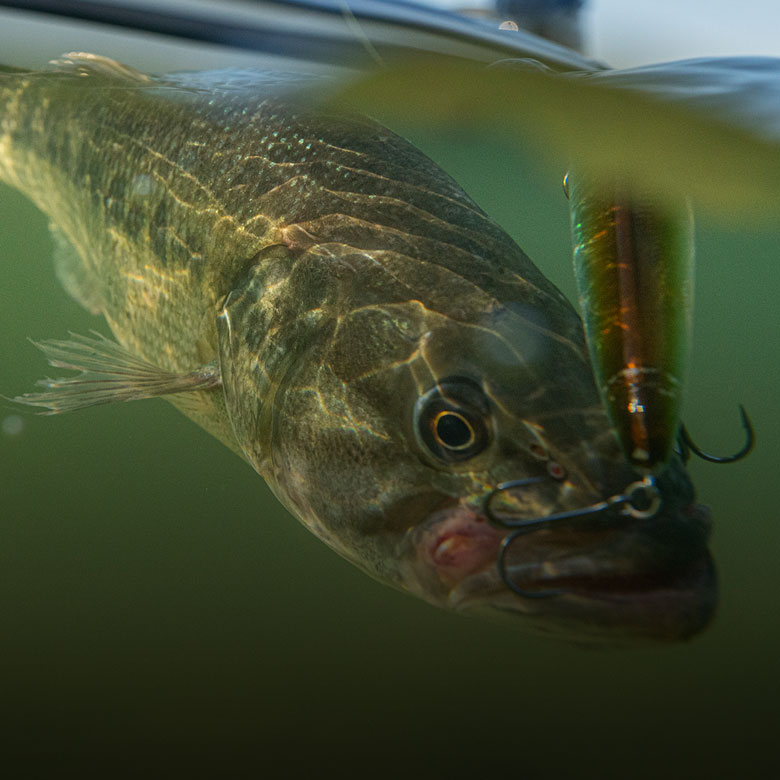
Learn how bass spawning behavior affects fishing, and how to use that knowledge to catch more fish during spawn season.
Read More >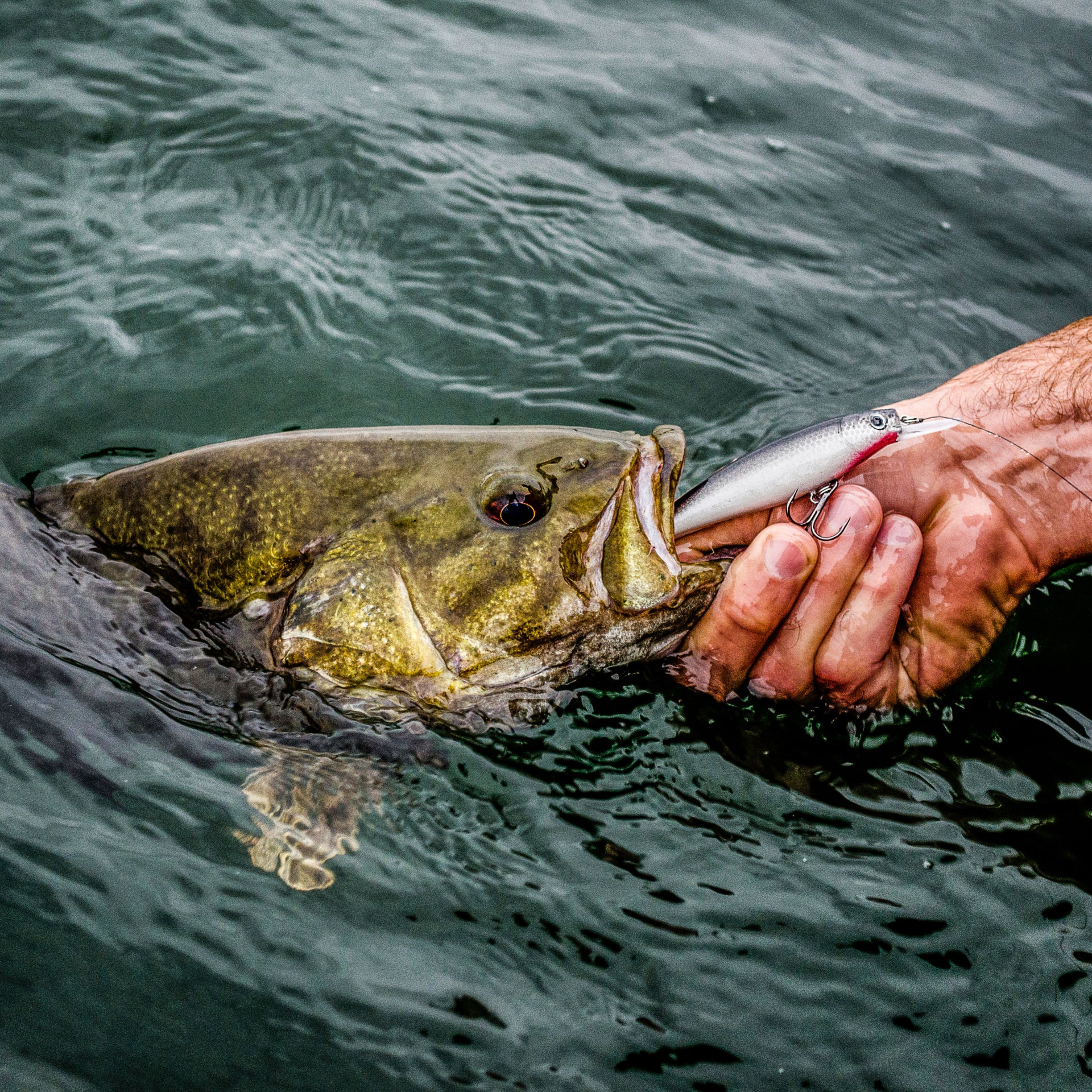
Forget oily attractants! Learn about new scent-based fish attractants that are more effective without the mess and oil.
Read More >
Want to know whether power or finesse fishing is best for you? This guide helps you choose the right technique...
Read More >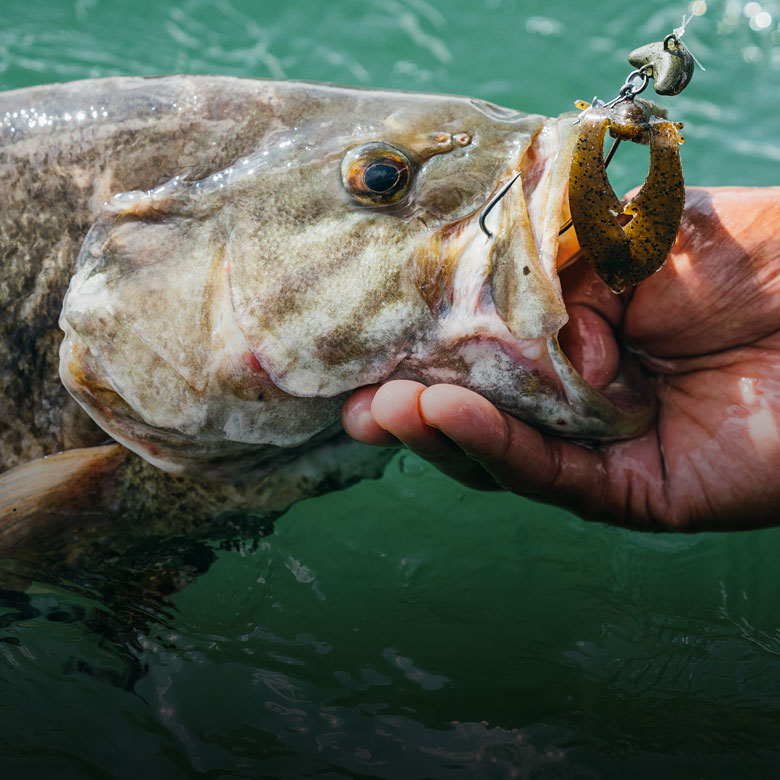
Cold fronts change fish behavior. Get expert tips on how to adapt your fishing strategy and improve your chances of...
Read More >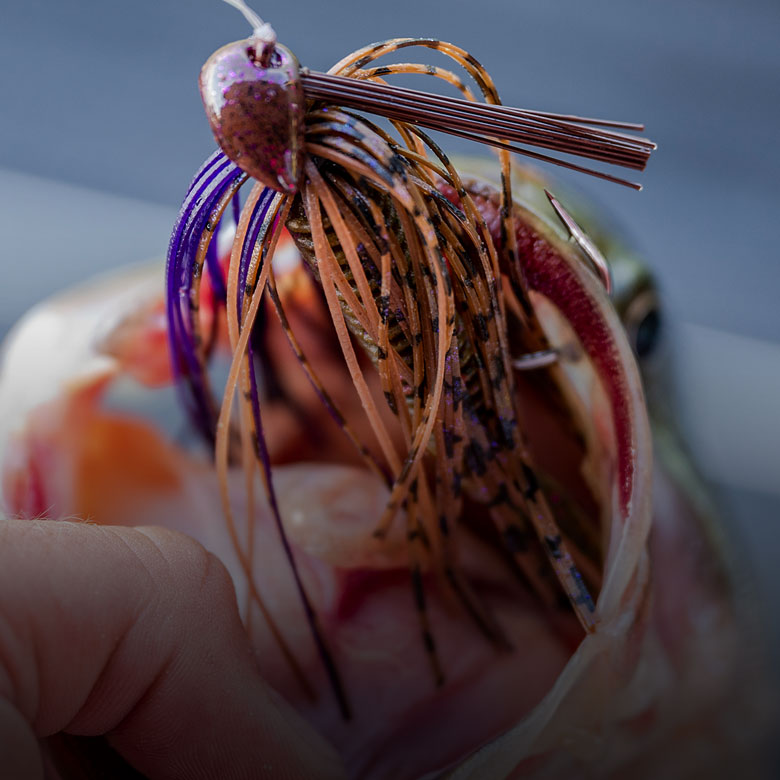
Curious about bass color preferences? This article helps you choose the right color bait to catch more bass, backed by...
Read More >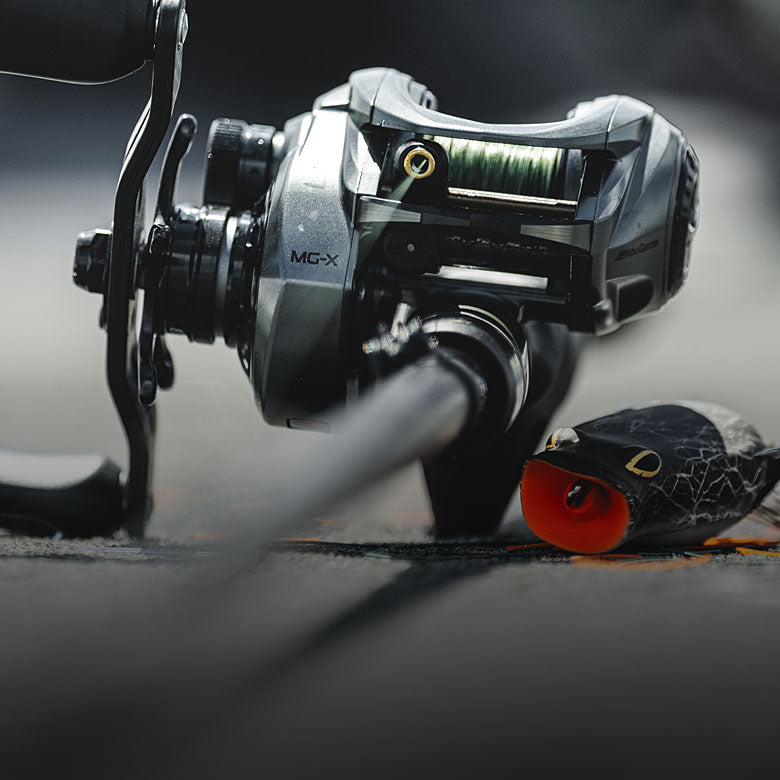
Choosing the right fishing line doesn’t have to be complicated. This guide makes it easy to pick the best line...
Read More >
Learn how to spool your spinning reel the right way—avoid tangles and make sure your line works perfectly when it’s...
Read More >
Monofilament lines are easy to handle and work well in many situations. This guide explains why they’re a great all-around...
Read More >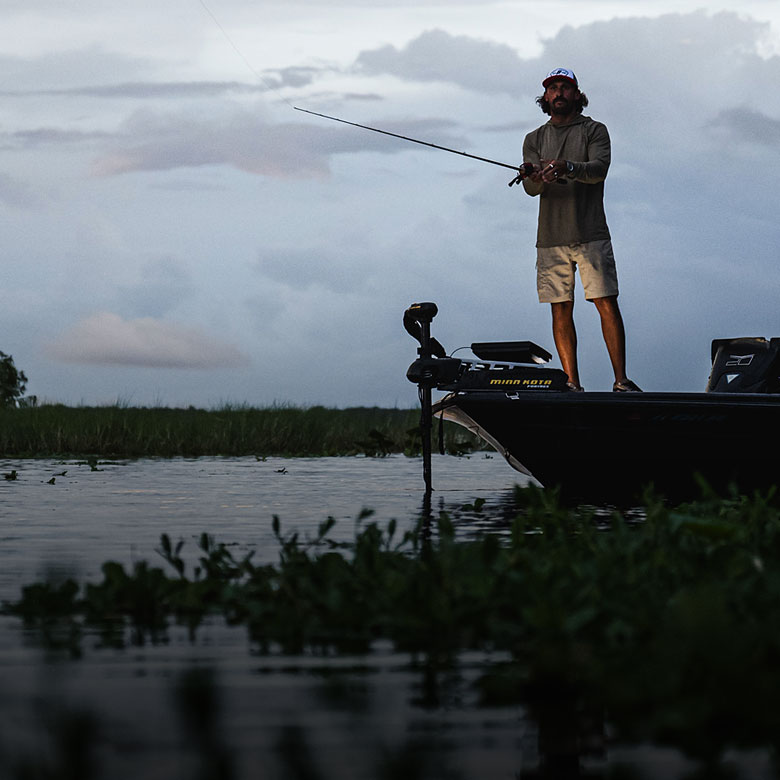
Berkley is focused on creating sustainable fishing products and advancing fishing technology to protect the future of the sport.
Read More >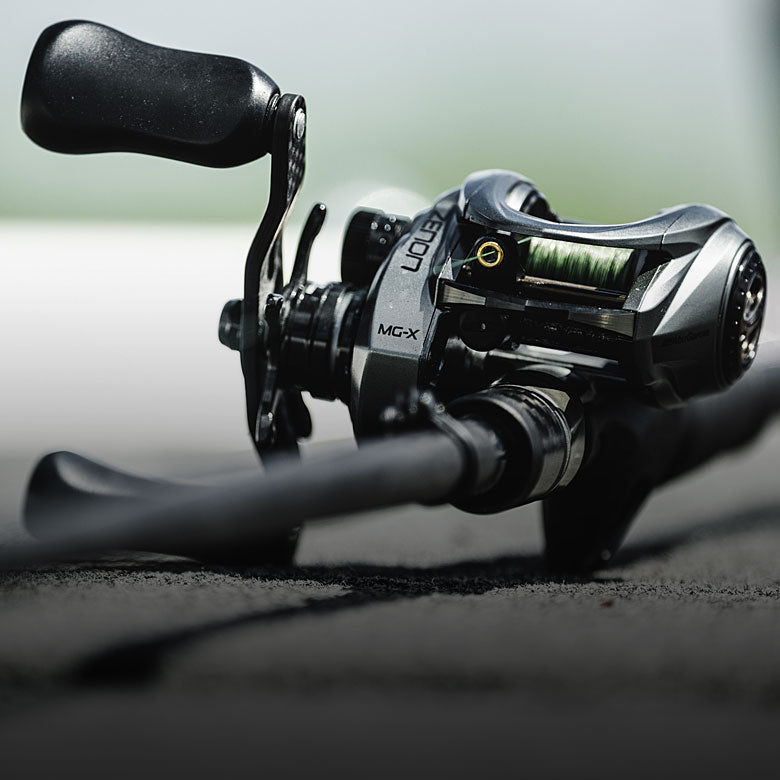
Fluorocarbon lines are nearly invisible in water, giving you an edge when fishing in clear conditions. This guide explains why...
Read More >
Learn how to tie essential fishing knots, ensuring your gear stays secure and you’re ready for whatever fish come your...
Read More >Showing 14 of 21